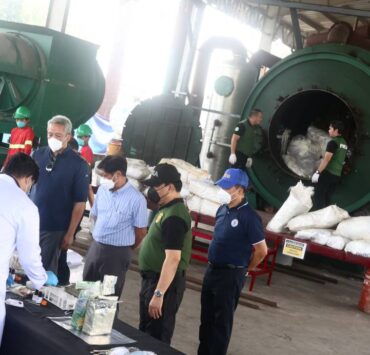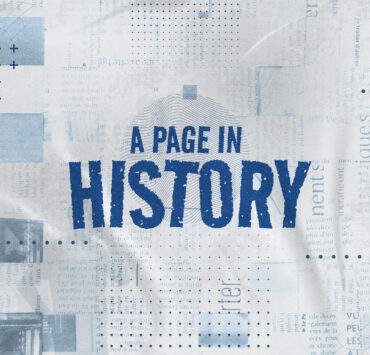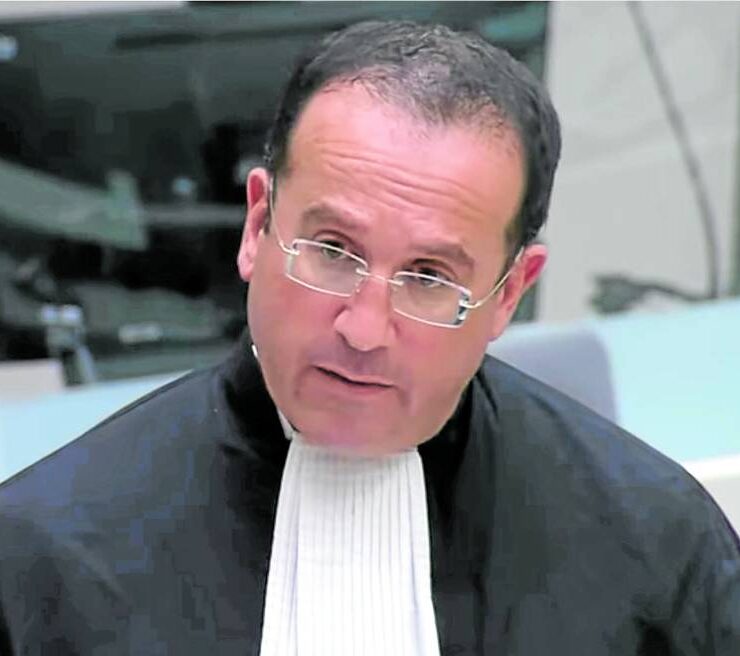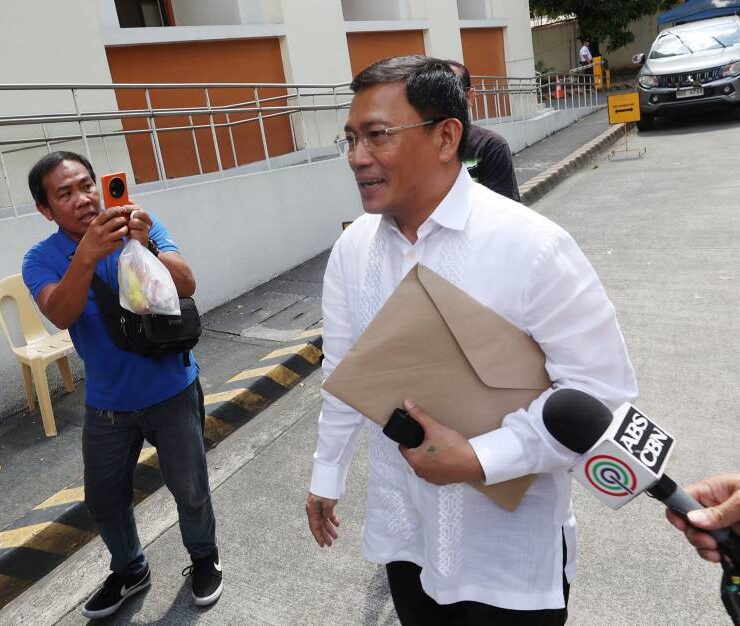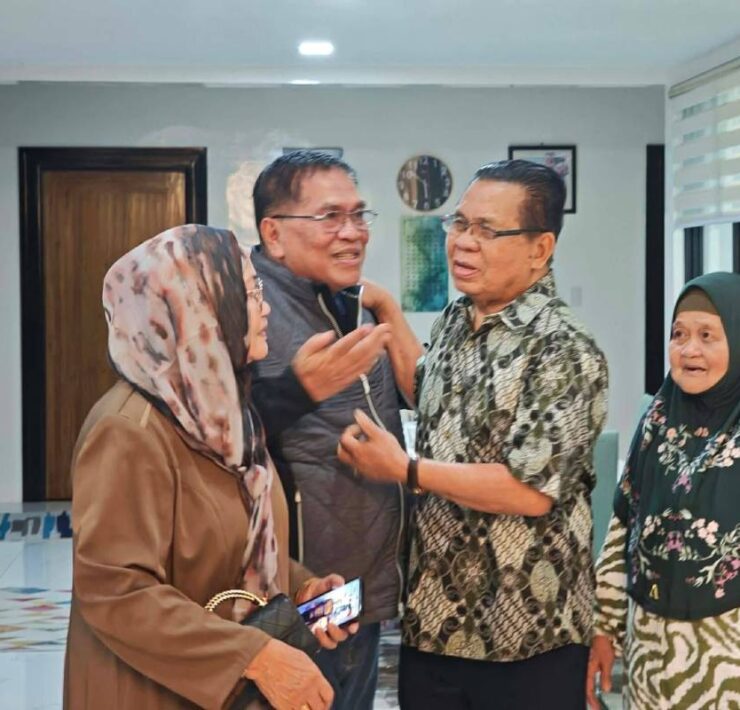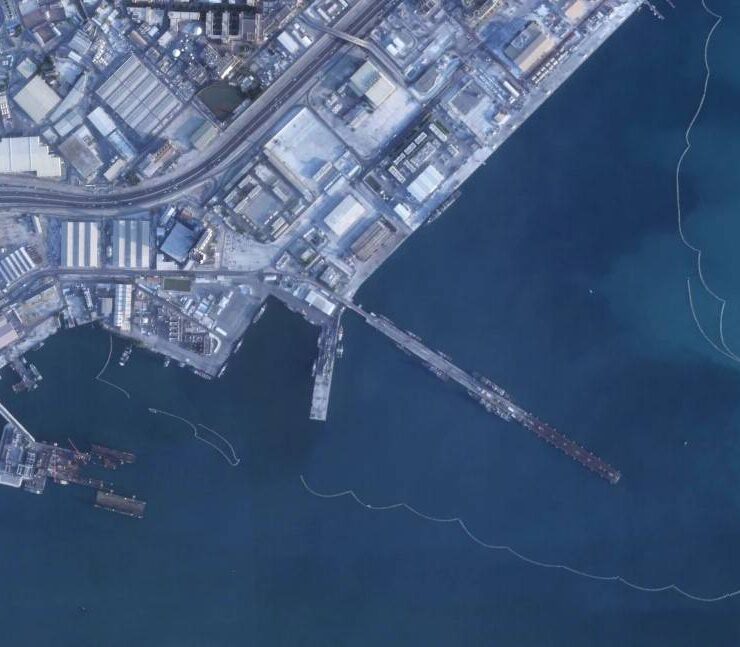DOJ heeds ICC ‘request’ to assist witnesses
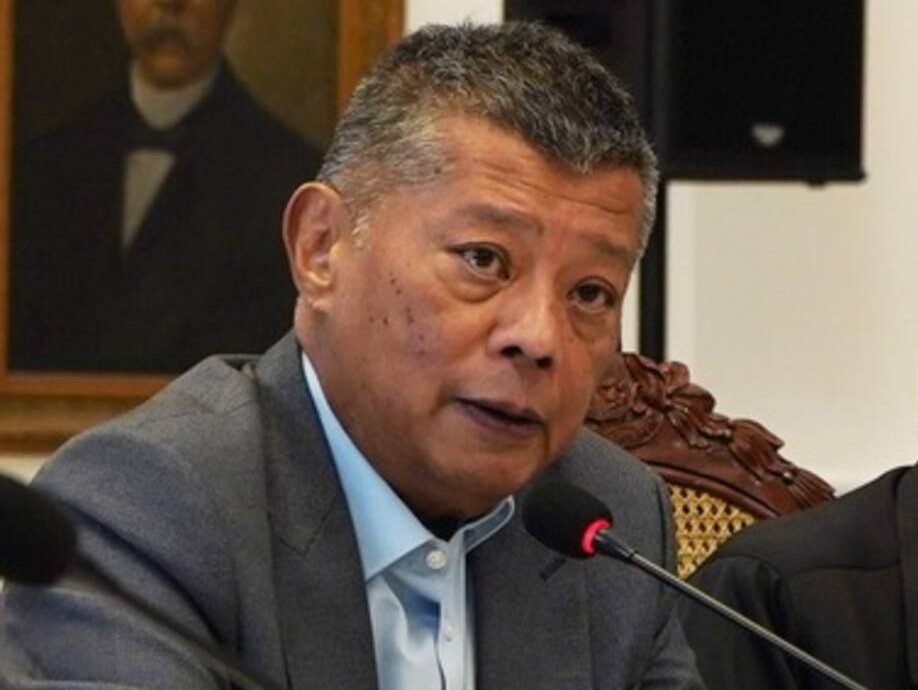
Justice Secretary Jesus Crispin Remulla on Wednesday said the Department of Justice (DOJ) will extend financial support to witnesses who may be called to testify at former President Rodrigo Duterte’s trial in connection with his drug war, after the International Criminal Court (ICC) in The Hague, the Netherlands, had contacted the government for assistance.
In an interview with ANC on Wednesday, Remulla was asked whether the ICC had sought the agency’s help and if they were participating in the trial in any form.
“Well there is an official word already that they have gone to our Witness Protection Program to secure the people who may be needed to testify in The Hague,” Remulla said in response.
“We have given our support and cooperation as this request is a well-founded request based on the necessity to bring the witnesses safely to The Hague to testify,” he added.
Remulla clarified that the government will only spend for the witnesses who will testify, noting that they are people “who don’t really have much in life.”
“Many of them have nothing either. They really have nothing. So they’re the only ones we’ll be helping,” he said.
In December 2024, the ICC launched a “witness appeal” microsite on its website, seeking to have more potential witnesses and collect “credible information” on the atrocities allegedly committed in the drug war that left at least thousands of Filipinos killed.
After its back-and-forth stance on cooperating with the tribunal, the Philippine government handed the former president over to the ICC on March 11, a move that President Marcos said would let Duterte answer to the charges of “crimes against humanity of murder,” in connection with his drug war.
Mr. Marcos pointed out that the arrest was “in compliance” with the country’s commitment to the International Criminal Police Organization (Interpol), which counts the Philippines as a member.
After three months of detention in the Netherlands, Duterte on June 12 sought his interim release to another country, a petition widely opposed by drug war victims, human rights and civil society organizations, and even Remulla.
Duterte is being charged with the killings under the brutal war on drugs he waged when he was Davao City mayor and later President. The ICC case covers the deaths of individuals, mostly suspected drug users and pushers, from November 2011 to March 2019, when the Philippines was still a member of the Rome Statute.
The DOJ chief also said it will do “more harm than good” if the court grants Duterte’s request for release.
“And the court itself knows it took a lot to be able to bring him before The Hague, before the ICC, and it’s not going to be easy to bring him back in case [they] lose possession of him or custody of him,” he pointed out.
It will be “impractical” and “unnecessary” to release him to another country, Remulla added, as he pointed out that the best medical care is already available in the Netherlands.
“[M]oving him might even cause a few more adjustments that may not be good for him. So let’s just wait for the case to be heard and let’s just stay put where he is right now. I think that’s the best thing that can happen in this case,” Remulla said.
‘Provision’ in ICC rules
In a June 23 filing signed by Deputy Prosecutor Mame Mandiaye Niang, the Office of the Prosecutor (OTP) asked the ICC to reject Duterte’s request for temporary liberty, citing his earlier defiant acts and hostile statements that showed he “does not accept the legitimacy” of the legal proceedings he is subject to before the court.
Speaking to reporters at a press conference in the City of San Fernando, Pampanga, Vice President Sara Duterte admitted that she has not yet read the entire 15-page opposition of the OTP, but questioned why the interim release petition of her father would not be granted.
She said even though she still holds power as the second highest official in the country, her influence cannot extend to the country where her father may be released.
“Wherever the country where he could be released, we don’t have a say on that and their government won’t listen to the Philippine Vice President,” Duterte said.
“In that case, I do not understand the reasoning behind opposing the interim release because of the position of the daughter,” she said.
Duterte said her father was already 80 years old and “he is not in good health, he has not been eating well and he needs support from familiar people.”
“He needs the care of his family and loved ones,” she said.
“But for me, as a lawyer, why would you include a provision of interim release in your own rules if you won’t even grant it to the accused, especially if he is 80 and needs the assistance of a caregiver,” Duterte emphasized. “So, that is a huge question for me as well.” —WITH REPORTS FROM KATHLEEN DE VILLA AND DEMPSEY REYES














